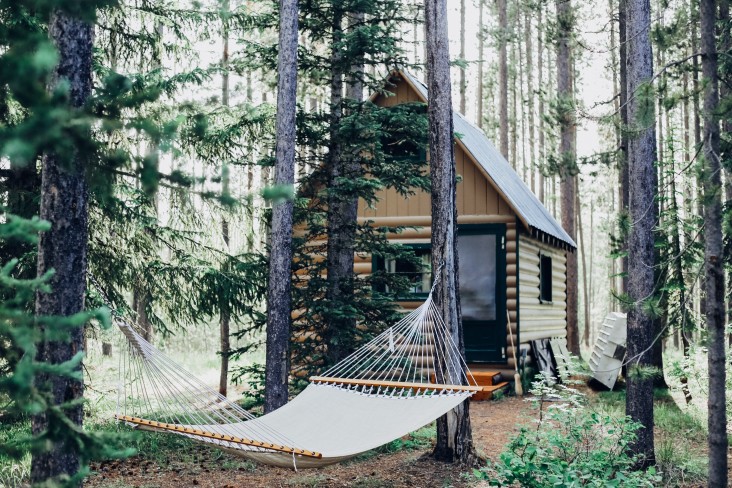Tiny houses are becoming extremely popular nationwide as property prices rise. Less energy consumption, lower environmental impact and cheaper housing, while still leaving room to develop other buildings on a single normal-sized plot. Win-win, right?
Not quite. A potential grey area in the Building Act 2004 (‘Act’) means some tiny home owners are asserting that the construction of their homes don’t require consent from the local council. This is because they are on wheels and can be moved from site to site. This may well be the case – but the jury is still out. The Act states that ‘buildings’ require consent prior to construction but ‘moveable’ structures are excluded from this definition. Councils are therefore struggling to enforce the Act’s regulations fairly and universally, and we are seeing situations arise where tiny home owners are being asked by local councils to obtain building consent or move on. Recent news articles from Canterbury, in particular, show that tiny home owners are running into unexpected issues with their local councils.
With spiralling property prices in the Queenstown Lakes region and the rest of New Zealand, it is an issue that needs clarifying - and one that seems to have no simple resolution forthcoming.
Tiny house - big problem
The tiny house concept is still relatively new in New Zealand and is a trend that picked up after the 2008 financial crisis. Developers weren’t risking new builds and aspiring homeowners were cash-strapped, leading to high demand for cost-effective housing. Tiny houses are generally smaller than 35 square metres - however, beyond that there is currently no fixed legislative definition of exactly what a tiny house is. This means tiny homes can be fixed or moveable, ordered from a fabricator or DIY assembled. The lack of standards governing what, how and where tiny houses can be built has the potential to lead to big issues.
Ensuring tiny homes account for Kiwis’ health
Modifying trailers to create a sustainable, habitable space may be Kiwi ingenuity at its finest but it’s important to keep in mind that building legislation was created to protect people from risks that can come with poorly constructed homes. Leaks, inadequate ventilation, or fixtures not strong enough to withstand the elements - building codes are in place to ensure that these issues don’t affect homeowners. It can be time-consuming ensuring each stage of a project is checked by the local council and it can be frustrating not being able to progress with a build if a single safety code is not met. But ultimately, the code is in place for the health, not only of owners, but future property buyers and tenants.
If tiny homes are not required to be built to some form of approved standard (whether this means a building consent is required or simply that another lesser standard is created) tiny home owners could inadvertently be putting themselves in harm’s way. We are aware of a number of tiny homes that have become riddled with mould due to poor ventilation and have heard about one tiny home owner who ended up in hospital with mould-induced pneumonia. Wheels or no wheels, it is important that all Kiwi homes are built to some standard to ensure the health of its occupants.
What to do if you own a tiny house
Here are a few things you can do to ensure your tiny house is safe for you:
●Review the building code to ensure your tiny house has the required ventilation, sanitary facilities, structural stability, food preparation areas and emergency access.
●Check that the local planning rules and any interests registered on the desired land don’t restrict your tiny house dream.
●Talk to your local council about the process (and costs) for obtaining building consent and ask whether they think consent is required for your tiny house.
●Check the Healthy Home Standards here to learn more about keeping safe in your home.
Just the gist
Until there is some sort of standard governing the safe construction of tiny houses, owners and councils are likely to remain at loggerheads. Until the building legislation is reviewed, it is important that tiny home owners are educated about safe home requirements and building standards, and remain vigilant about how the tiny house is constructed.
If you are thinking about building a tiny house, don’t forget to do your research. Educate yourself on healthy home standards. Talk to your local council before building to test the waters and see if there will be any problems. And last, but not least, if you aren’t sure about whether you are allowed to build a tiny house on your desired land, talk to your local lawyer. These steps will help prevent your tiny house from becoming a big problem!




